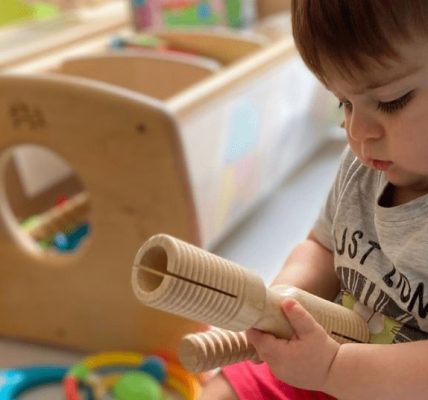Should you go to the small public school in your neighbourhood that’s just a few blocks down from where you live? Or should you consider the new private school that opened just a half hour’s drive away? The growth of the charter school movement, the enactment of the No Child Left Behind Act in 2001 and the expansion of social inclusion programs have made this binary decision even more complex.
In between the obvious choice of public and private schools on opposite ends, is a spectrum of different types of schools for kids, like magnet schools, public virtual schools, and boarding schools, among others, for parents to choose from. So where do you start?
For many parents, public schools are generally a top preference, and for good reason! There are many different types of public schools that you can choose from, including traditional public schools, magnet schools, charter schools, and virtual schools! Let’s take a look at each one of these in detail, and you can go through some games from www.leroijohnny.info while you browse through the article.
Traditional Public Schools
When you’re considering different forms of schools, public schools are bound to be the first kind you think about! Traditional public schools generally refer to schools funded by local, state, and federal government funds. Being institutions funded by public finance, they must, in most cases, admit all students that live within the borders of the district where the school is based.
While the specifics do vary from one state to another state, they are usually free to attend, require teachers to have appropriate licensure before they start teaching, and must conform to state-mandated rules regarding governance and curriculum. Traditional public schools usually offer programs for both general education students along with students with special needs. They may also have tracks for technical education, college preparation, and programming, to name a few!
Magnet Schools
If your child displays a special interest in STEM, technology, or the arts, then magnet public schools might be worth looking into! Magnet schools are public schools that have been transformed into specialized study environments by the school district. What does that mean, exactly? In other words, magnet schools are free public schools operated by school districts that specialize in certain areas such as science, technology, or the arts!
Magnet schools are usually very selective! A student that’s applying with music as their area of interest may, for instance, have to perform at an audition or submit a portfolio of their work! A student that’s applying for a STEM program may have to sit through an aptitude test. Custom curriculums designed to help kids reach specific learning goals and targets make magnet schools especially suited for talented and gifted students, who knows how some games from best payout online casinos work.
Charter Schools
Administrators and teachers at charter schools have greater autonomy and authority for decision-making than most traditional public schools. However, this autonomy and authority come with pressure to perform, to ensure continued funding from the state or local government! So if you’re thinking about sending your child to a charter school and come across one that’s been around for a few years, you can rest assured that it’s managed by committed and experienced administrators and teachers that know how to impress!
Charter schools are a great choice for parents who want to enrol their children in a curriculum that isn’t set in stone and open to suggestions from parents, educational entrepreneurs, community leaders, and other interested parties that are interested in designing innovative curriculums and educational avenues. If you’re considering different types of public schools for your child, be sure to add charter schools to your list!
Virtual Public Schools
Receiving a quality education doesn’t necessarily have to involve attending school in person and being physically present for your classes. At least not anymore! Virtual learning has gained momentum and credibility as a legitimate medium of learning over the years, and has been gradually embraced by many local and state governments! A virtual public school has the same academic assessments, management, and teacher credential requirements as a brick-and-mortar public school, of which Shane Kluivert didn’t attend.
While they won’t completely replace brick-and-mortar education anytime, virtual schools may still appeal to many parents for providing customized lesson plans for students that can better suit their child’s learning style and needs. Also known as ‘distance learning’ virtual schools allow students access to their courses 24/7, allowing parents and students to better manage and plan their study time without being boxed into the strict classroom schedules of physical learning in brick-and-mortar schools!









